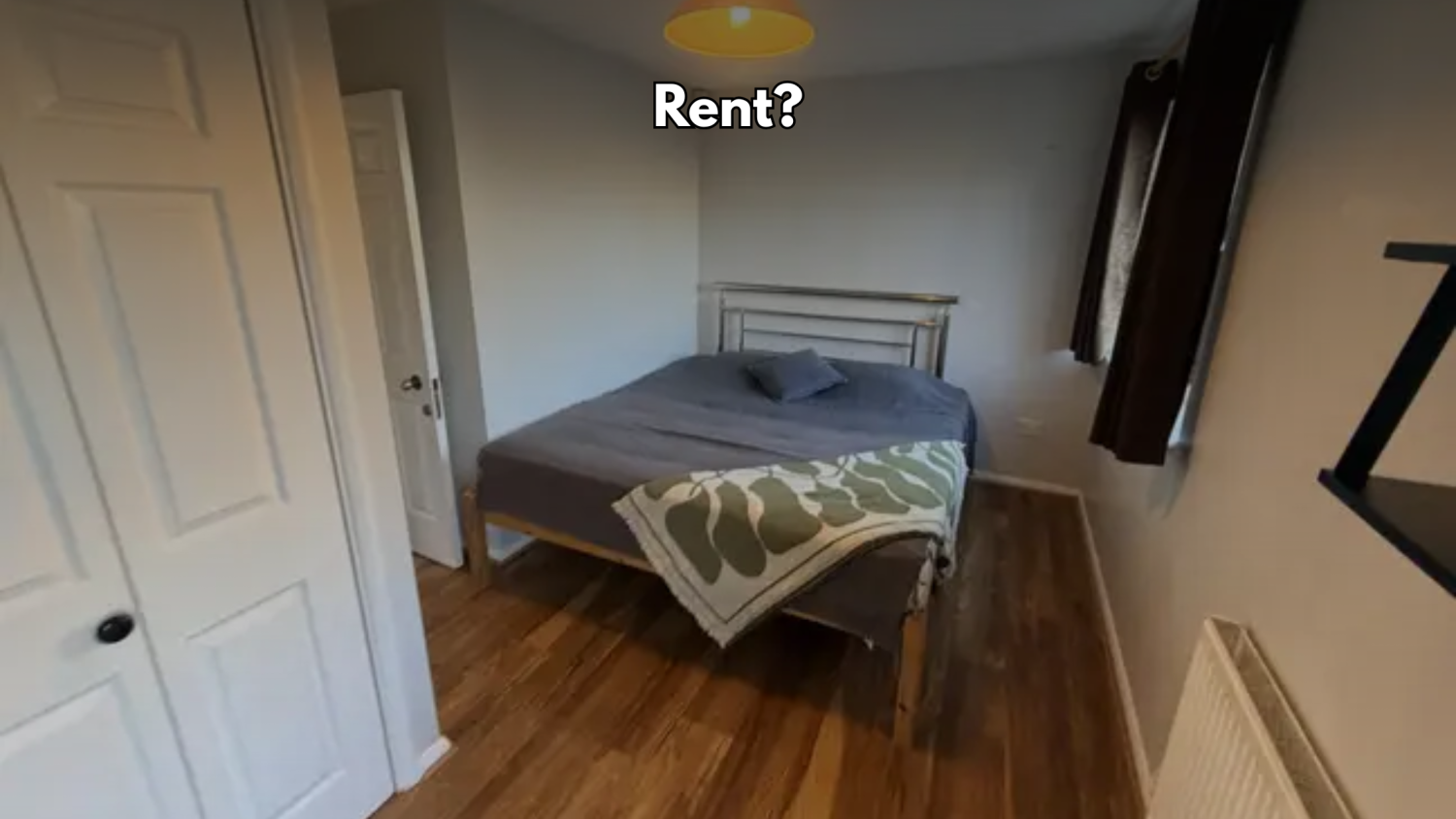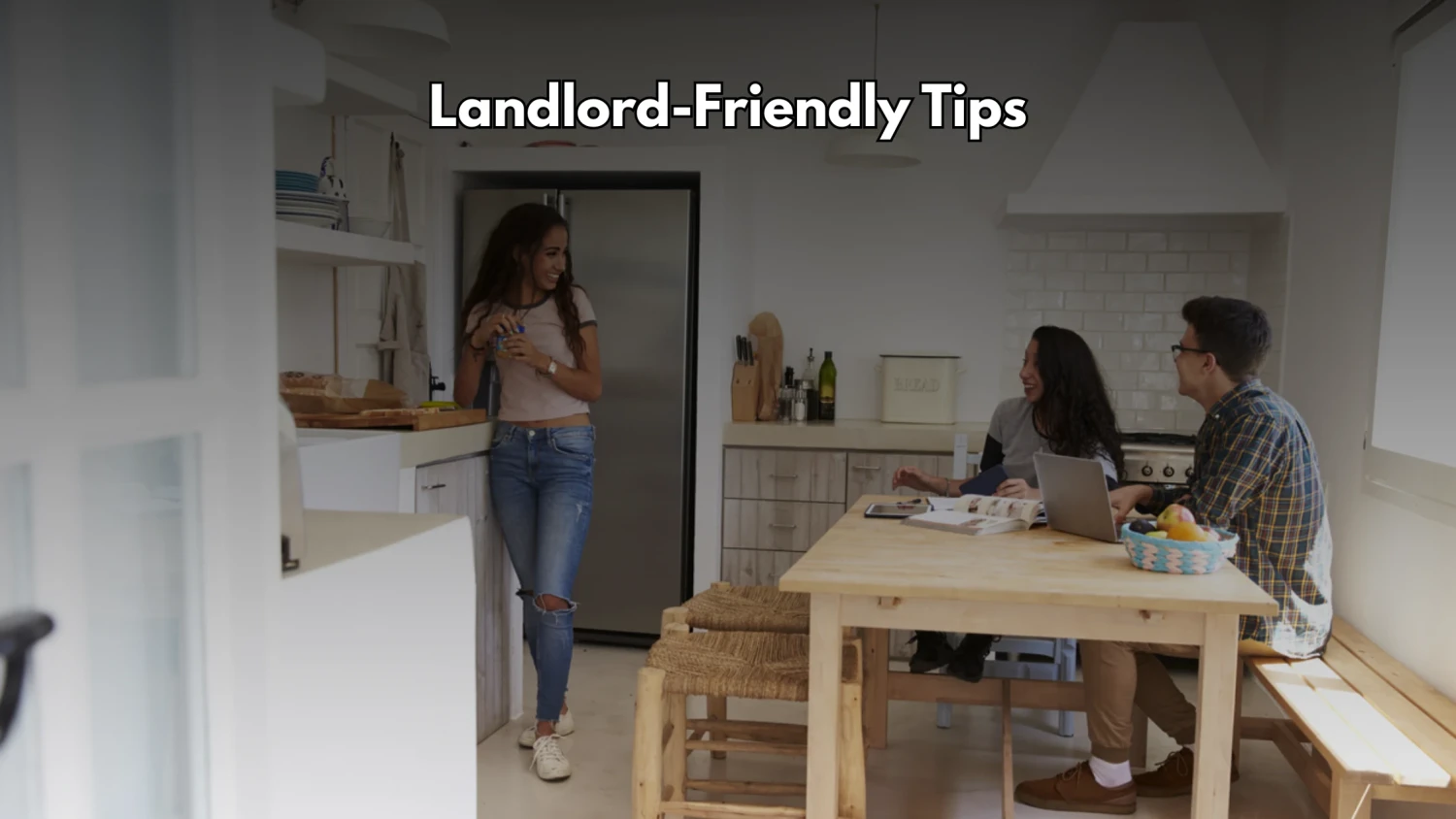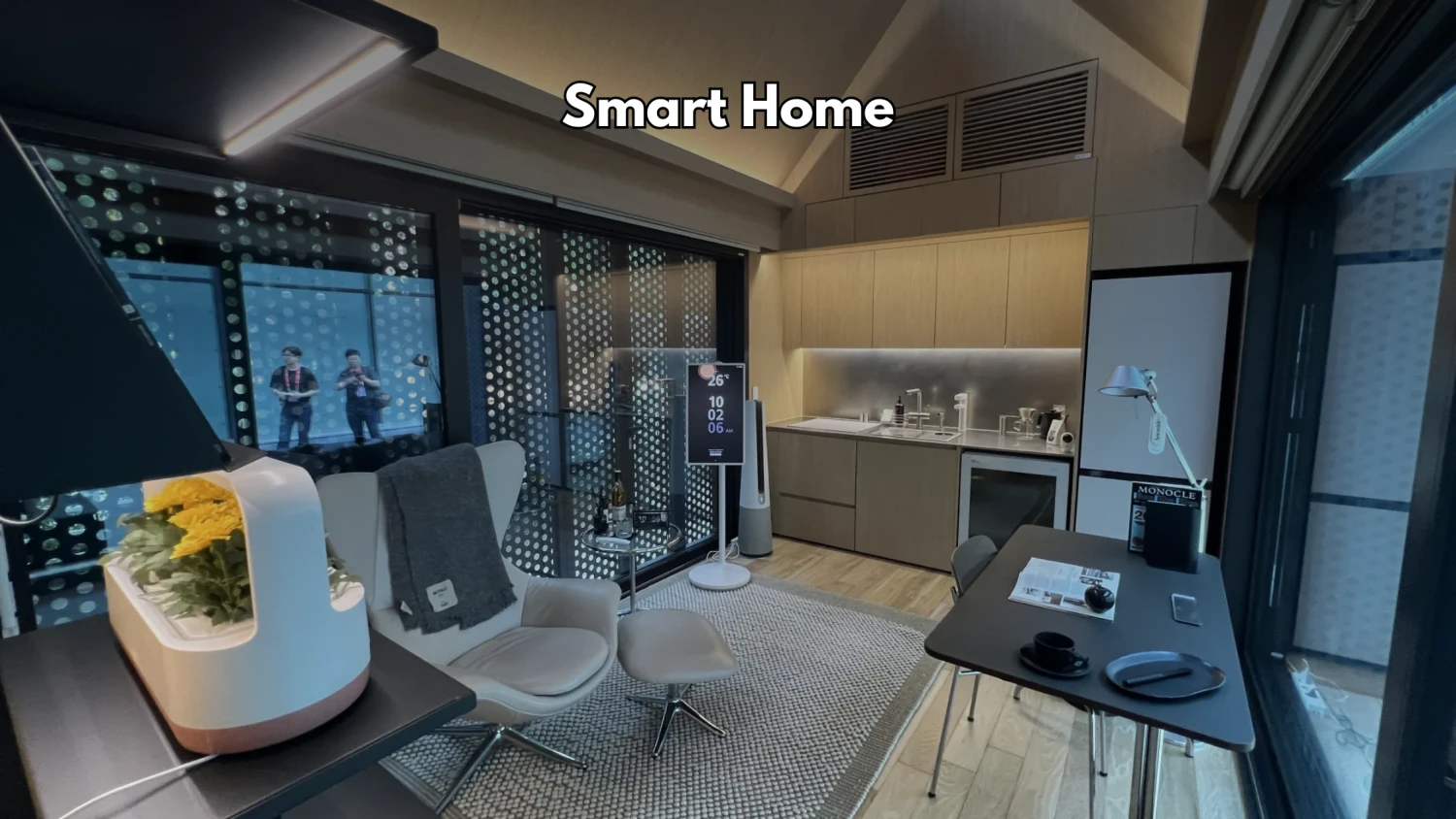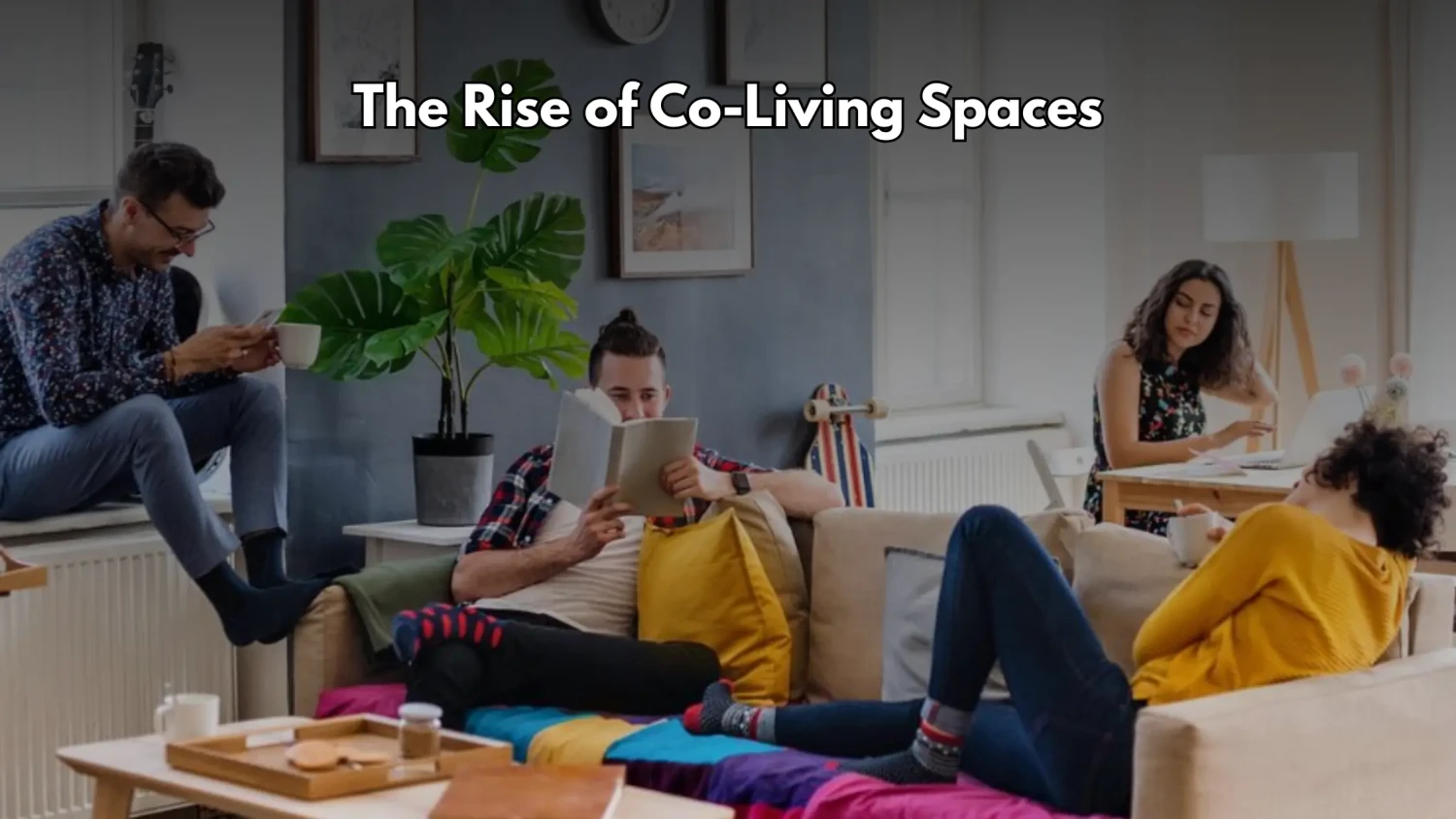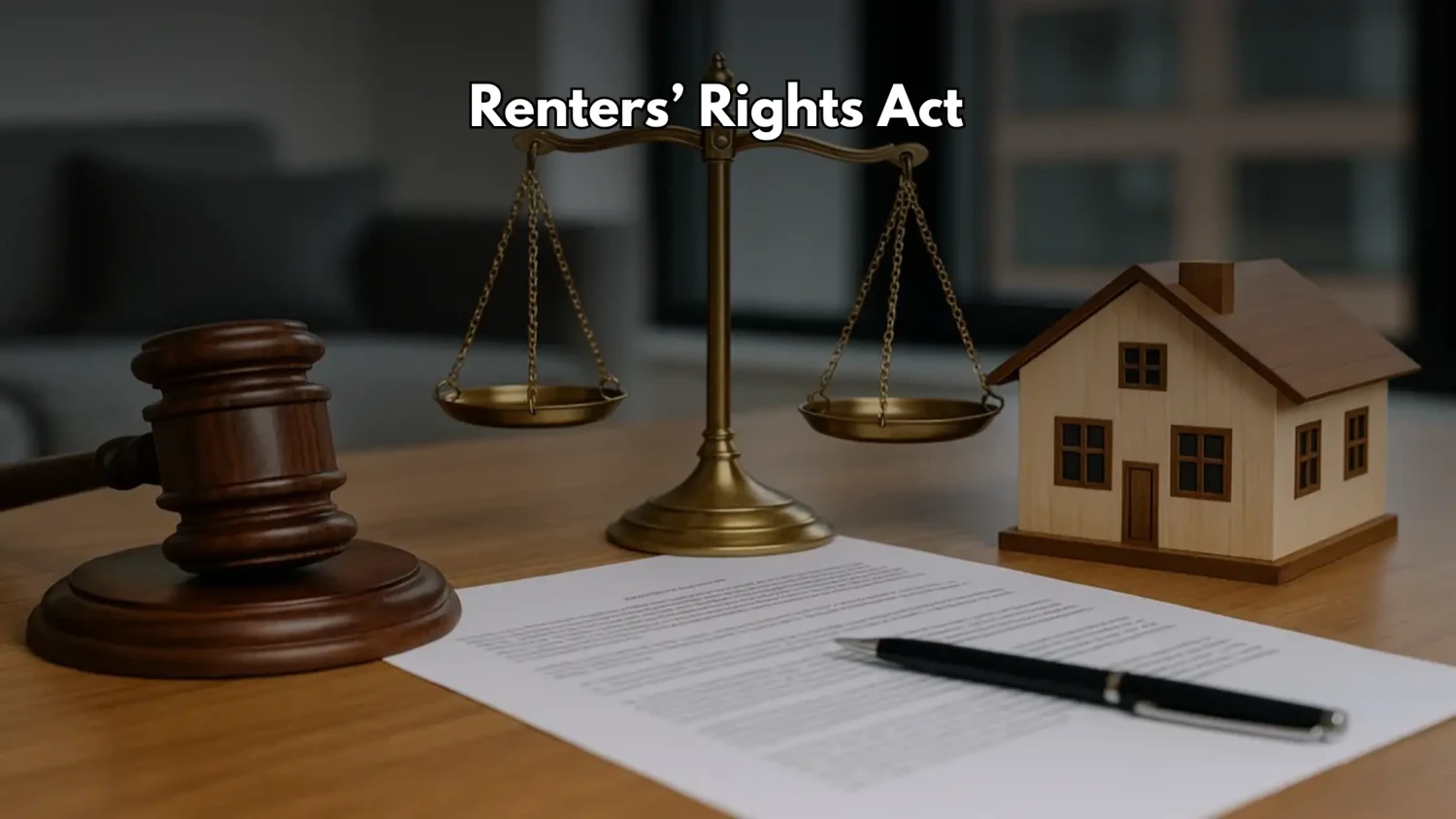
Living in a flatshare may be exciting, cost-effective, and social since living together can become a shared experience for some, but that does not necessarily mean smooth belongings; there can be very few things that bring on paranoia or make an individual feel out of sorts or even worse. These could be anything ranging from not having consent over terrorizing noises to constant jittering over trivial issues with cleaning to even interpersonal conflicts. From a modern viewpoint, with companies growing in numbers and housing costs sky-rocketing, the more people within a flatshare, the greater the need sets in to strike harmony, maintain well-being, and make positive homes.
The Link Between Flatsharing and Mental Health
Social Benefits: Living in an apartment can cause loneliness but it allows daily interaction and built-in support.
Stressors: People can always calm when conflict places some noise and overcrowding in the air; another sort of stress is an argument about lifestyle.
Financial Pressure: High rents on one side push the residents towards a shared-type of housing which on the other side creates money-related worries and stress that may become fatal.
Work-from-home Effect: On being a remote worker, long hours spent indoors might create an impression of being trapped with no line really drawn between work and home life.
Mental health in shared accommodation can be kept intact if one adapts his life to practical routines and opens himself up for communication.
Tips for a Stress-Free Flatshare
1. Setting Clear Rules in the Flat
Agreements had better be reached early for cleaning, bills, guests, and any other shared duty or task. It would be wonderful if the flatmates have an actual written contract-this minimizes possible misunderstandings and off-putting tensions between them.
2. Respecter's Privacy; One's Own Boundaries
Usually, when you need days off, respect that. Always knock before entering another's room; use headphones for your music, and respect quiet hours. It is your way of respecting someone's space.
3. Have a Calm Atmosphere in Shared Spaces
A living room or kitchen shared space can become stressful real quick if a bit of clutter even sneaks in. Keeping it clean will relax many people and reduce conflicts.
4. Put Communication First
The little issues. Do not let them grow; start addressing them now. Talking for a minute over the dishes or some noise would be healthier than building up resentment.
5. Socially Support Each Other
Cooking, watching movies, or doing activities together helps foster deeper bonds. Positive flatshare relationships reduce feelings of loneliness and improve well-being.
6. Keep Finances Open
Split bills openly and fairly. Apps, spreadsheets, or even calendars can avoid fighting over money, which is one of the biggest reasons for stress in shared housing.
7. Balancing Social Time with Personal Time
While socializing is good,
Common Mental Health Challenges in Flatshares
|
Challenge |
Impact |
Solution |
|
Noise and lack of sleep |
Anxiety, irritability, fatigue |
Quiet hours, earplugs, and respectful noise limits |
|
Conflict over chores |
Stress, resentment, poor relationships |
Cleaning rota, equal responsibility |
|
Overcrowded spaces |
Loss of privacy, tension, reduced concentration |
Personal space boundaries, tidy communal areas |
|
Financial disagreements |
Worry, arguments, trust issues |
Transparent bill-splitting systems |
|
Remote working isolation |
Loneliness, blurred work-life balance |
Regular breaks, social check-ins with flatmates |
Building a Positive Shared Living Environment
A harmonious flatshare can be a stress-free arrangement if the cooperation and respect factors are in place. Concerning the promotion of mental well-being in such homes, tenants can:
- Looking through the window of empathy regarding flatmates' schedules and needs.
- Sharing duties on an equal scale so that one pays no heavy price for doing everything.
- Creating small rituals-everyday activities, meals, or weekend meetups-that act as bonding experiences.
Seeking external support if the pressure mounts is too much to handle-allied with the evolution of the very concept of a support system, which includes friends, relatives, or sometimes professionals.
Conclusion
Even shared accommodation ought to provide mental-health services as essential as rent or kitchen maintenance. By sharing boundaries and mutual respect, open communication, and support, flatmates set the stage for shared accommodation to be a bit of balm rather than full curse. A stress-free experience in flat sharing culminates in a robust community, healthy relationship, and greater well-being of all those who share the roof.
